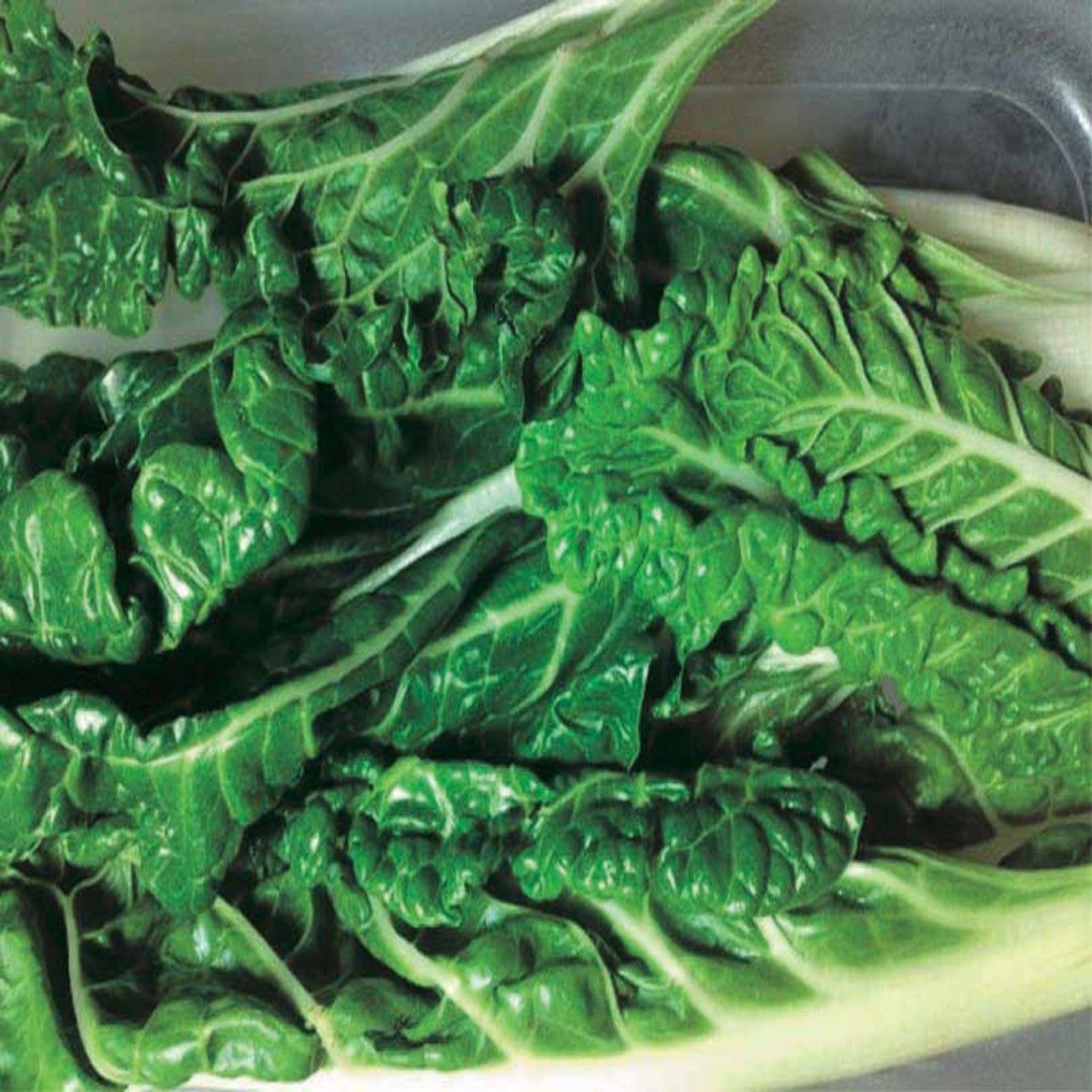
Green Perpetual Swiss Chard - Heirloom Seeds
Also known as 'Spinach Beet', 'Leaf Beet' and 'Perpetual Spinach', 'Perpetual' is actually a variety of Swiss chard and not spinach. The leaves are smooth and dark-green in color, resembling spinach, with fine midribs. It is very vigorous and provides an almost "perpetual" harvest. If you garden in an area with a hot climate, it is a great choice for a continuous supply of tasty summertime greens.
An old European variety that was introduced in about 1869 Benefits Best chard for bolt resistance and best spinach substitute
Choose options

Green Perpetual Swiss Chard - Heirloom Seeds
Sale price$3.50
